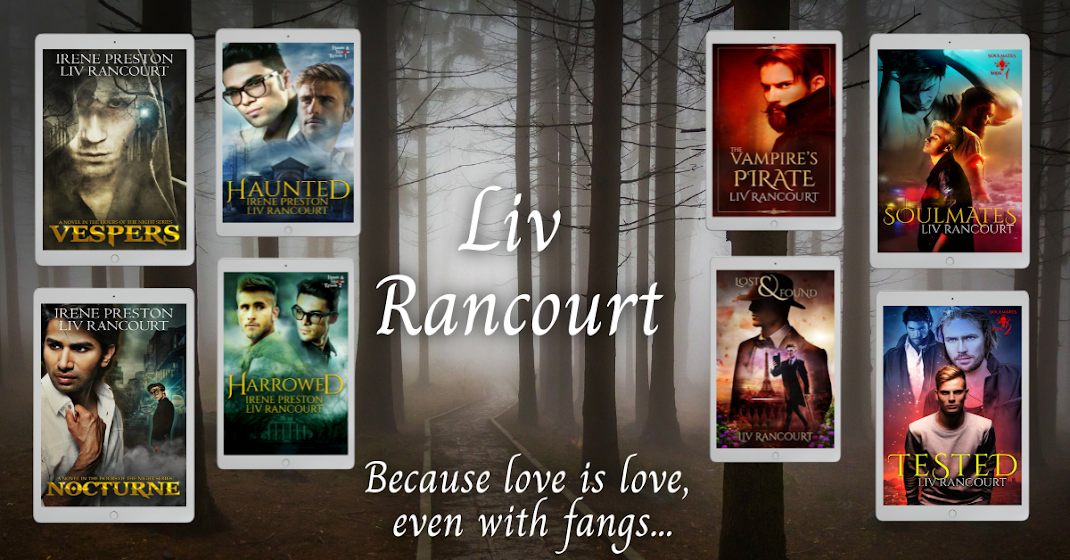In 1810 New Orleans, a 14 year old boy whose parents are a plantation owner and his black mistress runs off with a pirate.
Sounds simple enough, right? It has some of the elements the editor was looking for, and there's plenty of STUFF going on in that place and time to build conflict around. And really, the plot hasn't been a problem. It's the main character, Robert. I've had three people read the piece. One, my husband (and not the most critical reader) thought he sounded like a teenage boy. My friend Amanda read it, and she thought I landed somewhere in the 20's. The third (the editor, and necessarily more critical) thought he sounded like a forty year old man.
Oops.
Gotta fix that.
I know the basics of how to develop a character. I do a worksheet and figure out as much about them as I can, from their height and weight and skin texture to what's in their pockets and what they like to eat for dinner. All of that detail drives the things they say and how they respond to different situations. I did some of that for Robert - it's a short piece, and I had a tight turn-around - but it was hard when I was working with so many unknowns. Hey, I'm old, but not 1810 old.
I did a series of Google searches using accessible terms like, "societal expectations of children in the early 19th century". Not so helpful, really. Then, I posted my quandary on the WANA112 Facebook page - all writers from a variety of backgrounds and experiences. I heard back from YA writer Cristin Terrill that teenagers were hard and historicals were hard and to do them both together would be really hard. Ouch. It sounded like a such a good idea at the time.
Cristin did suggest that I read books written in that time period that had teenage boys as the main characters. That thought had already crossed my mind, and so now I've got The Prince and the Pauper and a couple things by Dickens tee'ed up on the Kindle. I also found an interview with Claudia Gray, the author of the Evernight novels, a popular YA series. She said that to find the voice for her teen characters, she does whatever she can to remember what it was like to be a teenager. Hmm. Good advice, if I can remember back that far.
My friend Amanda suggested that it was an issue of language, that Robert would feel like more of an outsider and speak less formally. For what it's worth, I was aiming for Mr. Darcy as a teenager. Have to rethink that, I guess. Clearly I was never a teenage boy, but I believe that alienation is part of the package. As is anger. And insecurity. I've got an almost-teen-boy living with me now. And I've got a husband who was, at one time, a teenager. And I've got the internet to help me fill in the gaps regarding the life and times of New Orleans in 1810, if I can figure out the right search terms. I should be able to do this.
If' you've got any ideas on this, would LOVE to hear them in the comments. Thanks!
Peace,
Liv

